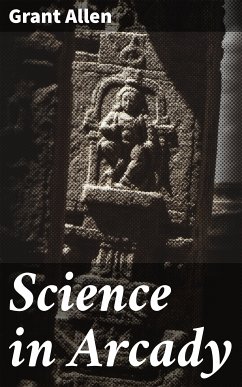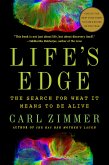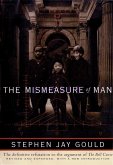In "Science in Arcady," Grant Allen beautifully weaves together the themes of nature, science, and philosophy, presenting a series of essays that celebrate the intersection of humanity and the natural world. Written in the late 19th century, the book reflects the era's fascination with naturalism and the emerging scientific discourse. Allen's literary style is characterized by eloquent prose, rich imagery, and a lyrical quality that invites the reader to contemplate the mysteries of life. As he explores topics such as evolution, geology, and the principles of life, Allen's narratives serve both to educate and to evoke a deep appreciation for the beauty surrounding us, positioning this work within the broader context of Victorian literature seeking to reconcile scientific advancements with pastoral ideals. Grant Allen was not only a notable writer but also a passionate advocate of Darwinian thought and a proponent of science in everyday life. His background in science, combined with his literary pursuits, allowed him to articulate complex ideas in accessible language. His work often reflected his belief in the harmonious coexistence of science and nature'-an ethos that resonates through "Science in Arcady." Allen's experiences in different cultures and his engagement with contemporary scientific debates provided a rich foundation for the essays compiled in this volume. Readers seeking to expand their understanding of the relationship between science and nature will find "Science in Arcady" a compelling and enlightening read. With its blend of scholarly insight and poetic sensibility, Allen's work not only captivates but also encourages a deeper reflection on the natural world. This book is recommended for those interested in the evolution of thought during the Victorian era, as well as for enthusiasts of nature writing and scientific inquiry. In this enriched edition, we have carefully created added value for your reading experience: - A succinct Introduction situates the work's timeless appeal and themes. - The Synopsis outlines the central plot, highlighting key developments without spoiling critical twists. - A detailed Historical Context immerses you in the era's events and influences that shaped the writing. - A thorough Analysis dissects symbols, motifs, and character arcs to unearth underlying meanings. - Reflection questions prompt you to engage personally with the work's messages, connecting them to modern life. - Hand-picked Memorable Quotes shine a spotlight on moments of literary brilliance. - Interactive footnotes clarify unusual references, historical allusions, and archaic phrases for an effortless, more informed read.
Dieser Download kann aus rechtlichen Gründen nur mit Rechnungsadresse in A, B, BG, CY, CZ, D, DK, EW, E, FIN, F, GR, H, IRL, I, LT, L, LR, M, NL, PL, P, R, S, SLO, SK ausgeliefert werden.









